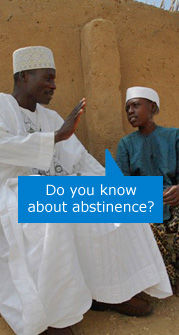I wonder why people talk so much about sex?
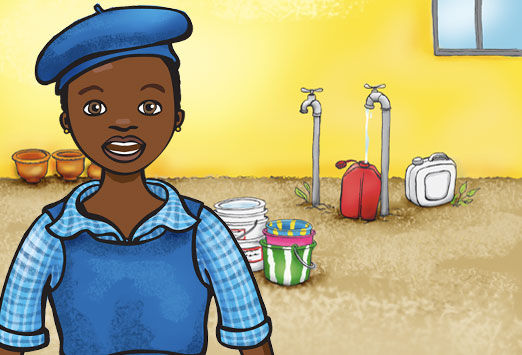
It’s not so strange, especially amongst teenagers like us. Remember, with all the extra hormones in our body thanks to puberty and all the (cultural) silence around sexuality, it’s no surprise we’re all so curious.
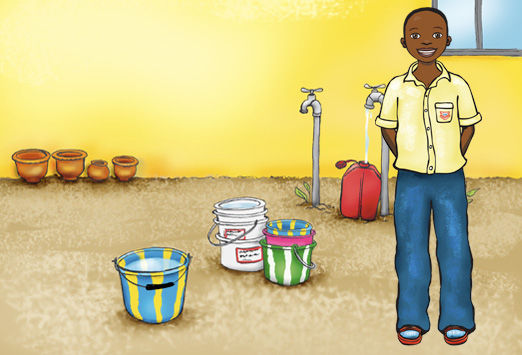
You’re right. But a lot of people want to learn about sex by exploring their feelings physically. Is that wrong?
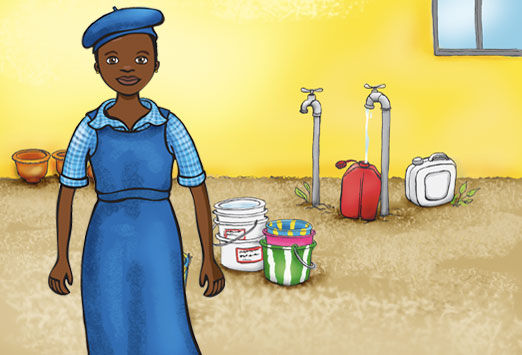
It doesn’t have to be, but it’s better to be sure about what you’re feeling and why before you proceed. There’s a lot of information we need before getting physical in a romantic relationship.
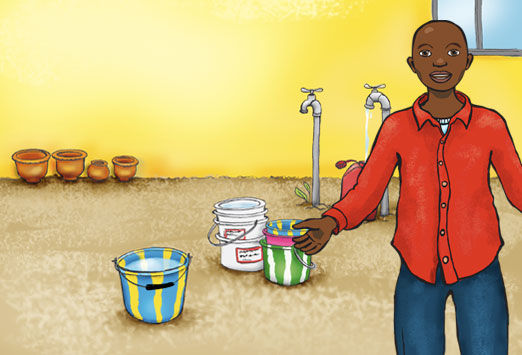
Which is why talking about sex is a really important part of growing up. But you can’t just talk to your friends, because they might not know much more than you! It can be good to talk to your parents, or other adults you trust.
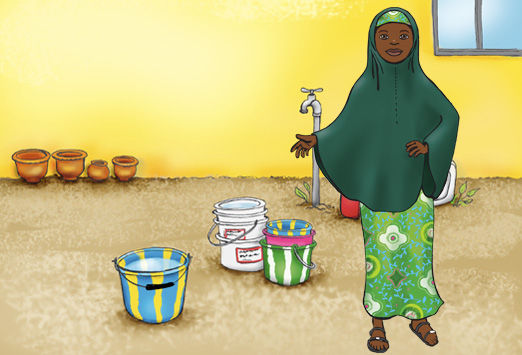
And that's why we’re talking about it today.
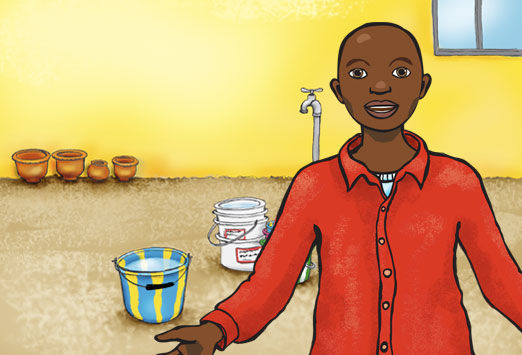
What does the word “abstinence” mean to you?
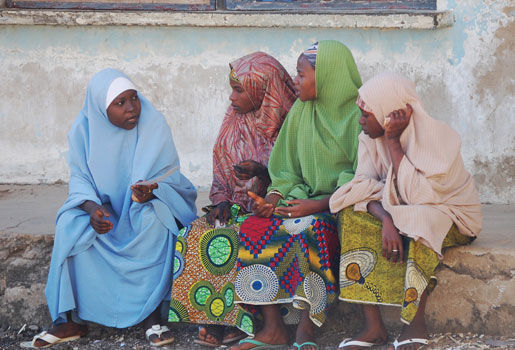
I think that “Abstinence” means refraining from any kind of sexual activity.
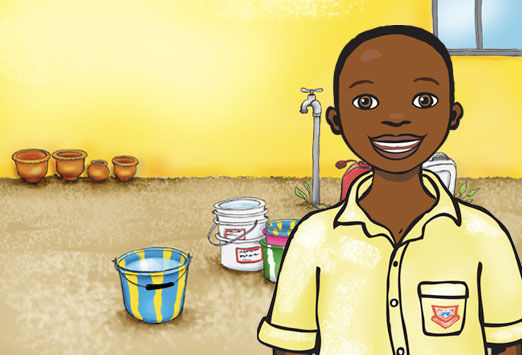
I think that young people should abstain from all those activities until they are married.
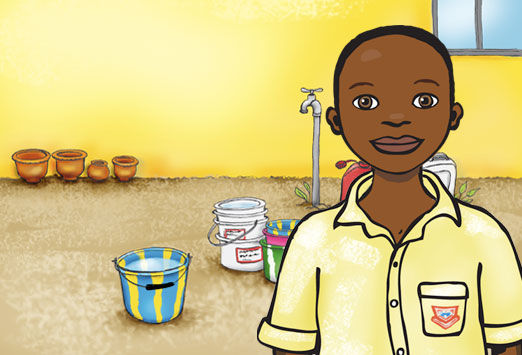
I think so too. But there’s a lot of pressure coming at me from both sides about this whole sex versus abstinence thing.
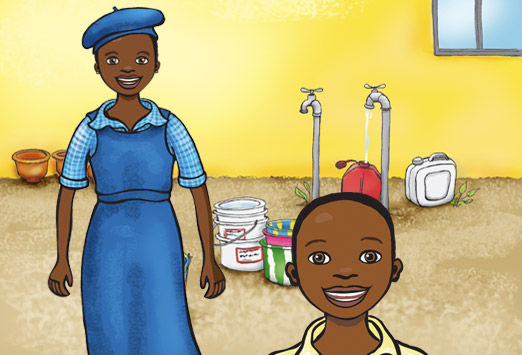
Yes! On the one hand, I don’t want to get an STI or get anyone pregnant. But on the other hand, a lot of people my age are starting to have sex. Some of them make fun of me, because I've decided that I’m not ready.
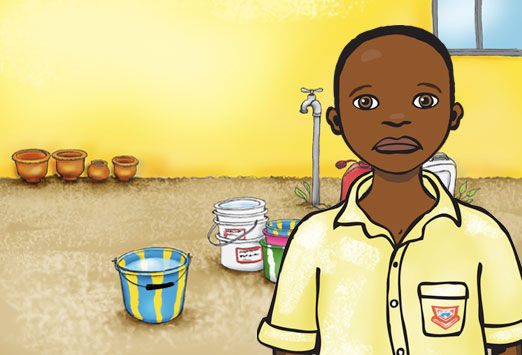
And Mustapha’s friends are all trying to pressure him to have sex, talking all sorts of cock-and-bull stories about sex and abstinence!
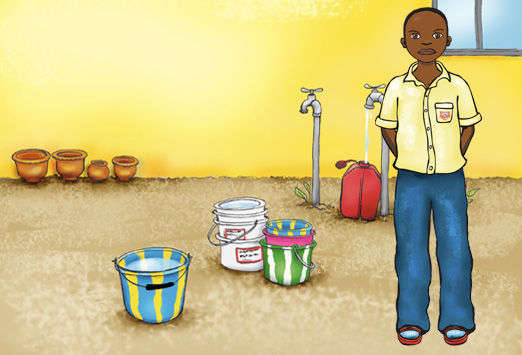
Like what stories?
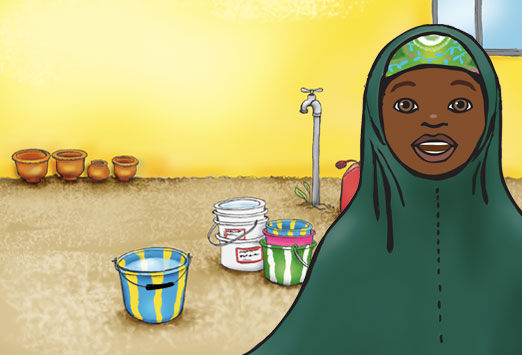
Myths About Abstinence:
- It may cause a stomach ache
- It might damage your reproductive organs
- It makes child delivery very difficult
- It makes menstruation painful
- It can make testicles burst
- You can’t abstain once you’ve already had sex
- It leads to anti-social behavior

No!
I don’t listen to anyone who tries to convince me to have sex with any of those reasons.
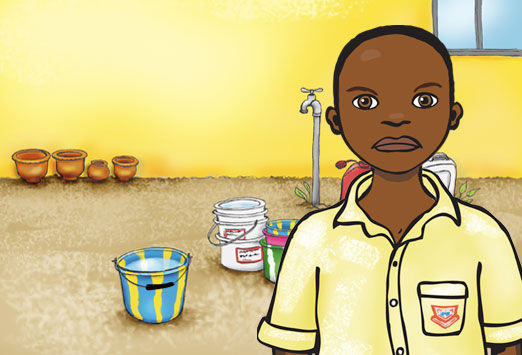
Facts About Abstinence:
• It is natural
• It does not lead to any abnormality of body functions
• It is the best way to protect against STIs, including HIV, and unwanted pregnancy
• It is an individual decision
• It is culturally and religiously acceptable for most people
• It can be practiced at any time
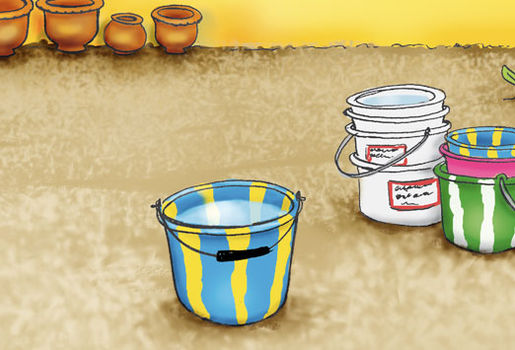
What does it mean that you can abstain anytime, I thought abstinence meant not having sex.
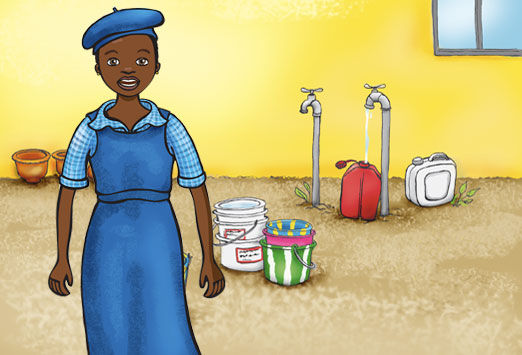
There are different kinds of abstinence.
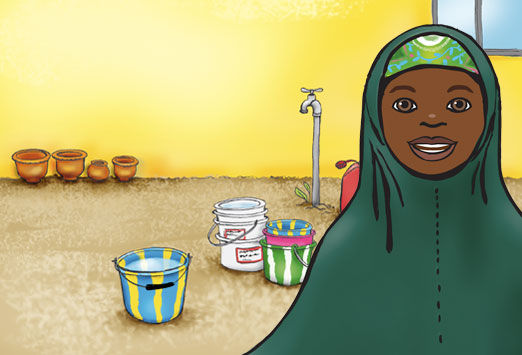
1. Life-Long Abstinence
2. Delayed Abstinence

3. Secondary Abstinence

So secondary abstinence means that even if you previously had sex, you can stop.

That’s true. But, if you want to use abstinence to protect yourself from STIs and HIV, you can’t just practice it between relationships. You have to be serious about it.

And, if you have been sexually active, or if you are sexually active, you should get tested for HIV and other STIs at least every 3 months.

Ok, I get it. So what are the benefits of abstinence?

There are a lot of them, like preventing pregnancy, avoiding STIs and HIV…

What about not having to deal with the emotional consequences of engaging in sexual activity when you’re not ready?
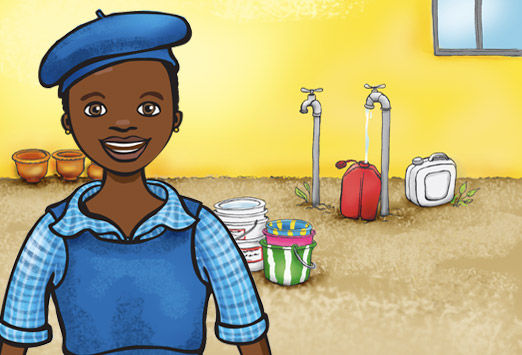
What emotional consequences?
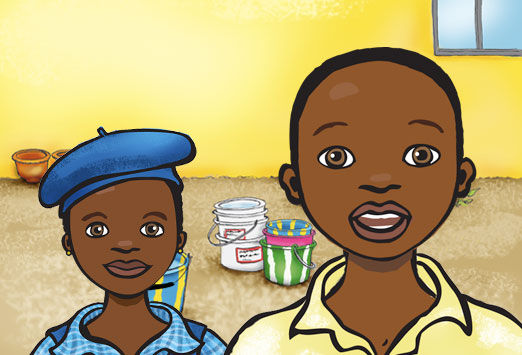
If you’ve decided to abstain:
- You don’t have to worry about making a decision every time you’re alone with your partner.
- You also get more time to get to know your partner and let the relationship develop, which can help you trust each other more if you do decide you’re ready for sex.
- You have time to see what problems might come up in the relationship before it gets really serious.

Behaviours and Skills that Help You Protect Yourself:
- Deciding what is right for you and how far you want to go and sticking to it.
- Communicating your decision to your partner and getting his or her cooperation.
- Thinking of other things you can do with your partner besides sexual activities.

- Using your self-control.
- Having knowledge about sexual activity and all the risks

Right. It’s all about having the self-confidence to make the right decision for you, then the self-control to stick to it.

And you have to talk about your decision with your partner.
Remember though, whether or not you remain abstinent is YOUR decision, not anyone else’s.
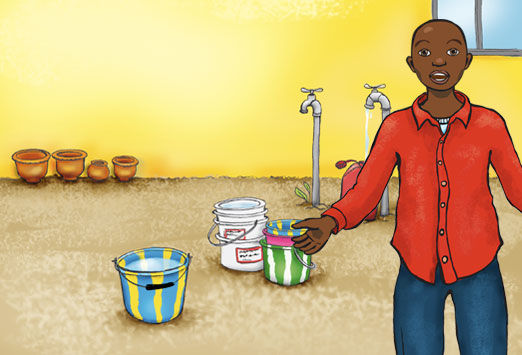
Where can I get more information about abstinence and how to make this decision?

You can talk to your teacher, or to your parents, or to another adult you trust.

Remember, the key to smart choice is information. The more you know, the better the decision you’ll be able to make.

Or you can find more information on these websites:
www.teenwire.org
www.actionhealthinc.org/teenzone
www.goaskalice.columbia.edu
www.iwannaknow.org
www.sexetc.org

Until you’re ready, abstain and protect yourself!
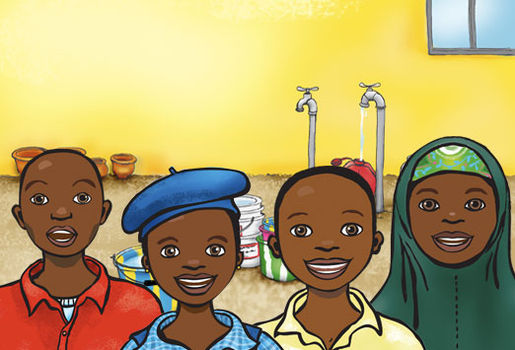
page 1 / 37










